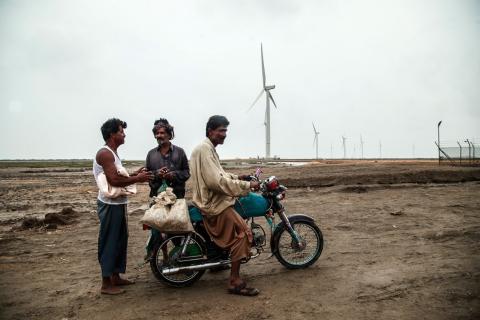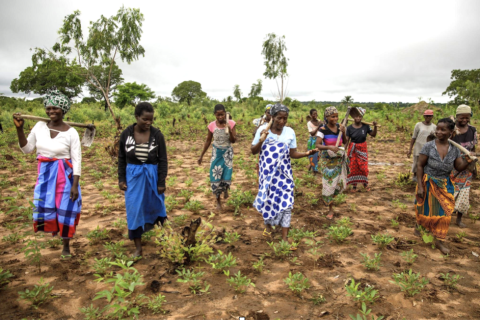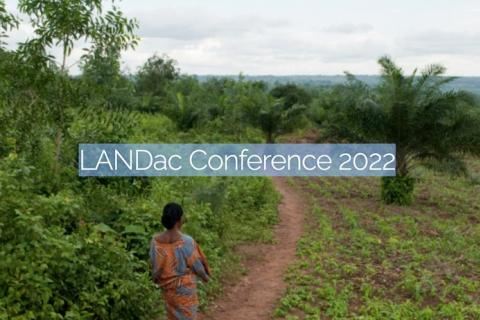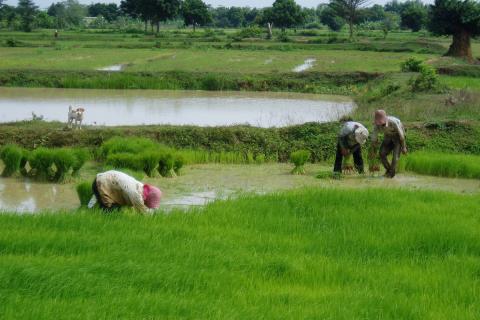Webinar Recap: Land Tenure Security Revisited
On 15 December 2022 the LAND-at-scale Knowledge Management team hosted a webinar Land tenure security revisited: Do we know what we need to know? that presented the preliminary findings of a study on tenure security authored by Guus van Westen, and Jaap Zevenbergen. The presentation of the study was followed by breakout sessions on tenure security and its relationship to women's land rights, the role of the state, land conflicts, and economic development facilitated by land experts and panelists who reported back to the plenary on the discussions with their respective reflections on the findings of the study.












